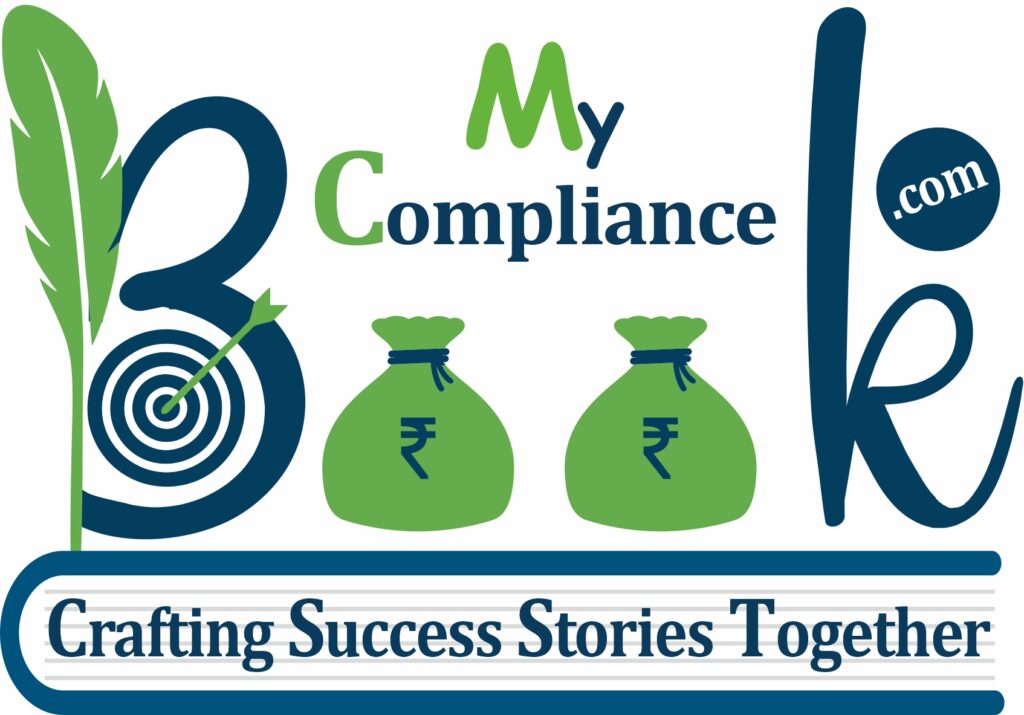
Cost Audit
Book My
Table of Content
- Cost Audit – An Overview
- Applicability of Cost Audit
- Benefits of Cost Audit
- Documents Required for Cost Audit

Cost Audit – An Overview
A Cost Audit is a systematic review and examination of a company’s cost records to determine the accuracy, efficiency, and reasonableness of costs incurred in production, operations, or services. It focuses on assessing cost control measures and cost structures within an organization.
Applicability of Cost Audit
Sector/Industry | Applicability | Purpose |
Public Companies | Listed companies, especially in manufacturing and large industries. | Ensures compliance with regulations and provides transparency in cost management. |
Manufacturing Industry | Companies in manufacturing, production, and assembly sectors. | Helps in evaluating production costs, cost control, and resource utilization. |
Energy Sector | Power generation, oil & gas, and renewable energy companies. | Assesses fuel, raw material, and operational costs for better budgeting and control. |
Healthcare | Hospitals, pharmaceutical companies, medical device manufacturers. | Verifies cost allocation for medical supplies, services, and research expenditure. |
Infrastructure | Construction, civil engineering, and infrastructure development. | Verifies construction costs, labor, material costs, and overhead expenses. |
Consumer Goods | Companies producing fast-moving consumer goods (FMCG) or retail products. | Ensures proper costing of goods, supply chain management, and efficient pricing. |
Automotive Industry | Car manufacturers and parts suppliers. | Analyzes cost of components, labor, production processes, and supply chain efficiency. |
Telecommunications | Telecom service providers. | Verifies costs related to infrastructure development, service delivery, and maintenance. |
Transportation & Logistics | Airlines, shipping, railways, and logistics companies. | Analyzes operational costs, fuel expenses, and maintenance costs. |
Government-Related Entities | Public sector undertakings (PSUs), government projects, or state-owned corporations. | Ensures efficient use of taxpayer money and cost-effective service delivery. |
Small and Medium Enterprises (SMEs) | Small or medium manufacturing businesses. | Helps in cost control, pricing strategies, and profitability analysis. |
Benefits of Cost Audit
Benefit | Description |
Improved Cost Control | Identifies areas of inefficiency and unnecessary costs, leading to better control over expenses. |
Financial Transparency | Provides clear and accurate cost data, helping management make informed decisions. |
Enhanced Profitability | Helps optimize cost structures, leading to improved pricing strategies and increased profitability. |
Regulatory Compliance | Ensures adherence to Cost Accounting Standards (CAS) and other legal regulations. |
Better Resource Utilization | Highlights wasteful practices, allowing companies to better utilize materials, labor, and overheads. |
Accurate Costing | Provides a clear breakdown of direct and indirect costs, ensuring accurate product/service costing. |
Budgeting and Forecasting | Assists in more accurate budgeting and financial forecasting by understanding cost drivers. |
Improved Decision-Making | Provides management with actionable insights to enhance operational and financial decisions. |
Supports Cost Reduction Initiatives | Identifies cost-cutting opportunities without compromising on quality. |
Improved Internal Controls | Strengthens internal control systems by ensuring cost-related processes are in place and effective. |
Documents Required for Cost Audit
- Cost Records and Reports
- Detailed cost records for production, labor, overhead, and raw materials.
- Financial Statements
- Balance sheets, income statements, cash flow statements.
- Costing Methods and Procedures
- Documentation of cost allocation methods, cost centers, and product cost structures.
- Inventory Records
- Details of raw materials, work-in-progress, and finished goods inventory.
FAQs for Cost Audit
A cost audit is an independent examination of cost records to verify the accuracy of cost data and ensure compliance with cost accounting standards.
To evaluate the efficiency of cost control, ensure accurate costing, and verify adherence to cost accounting principles.
It is typically conducted by cost auditors, who are certified professionals with expertise in cost accounting.
Yes, for certain industries or companies as mandated by law, especially public companies and regulated sectors.
A cost audit focuses on verifying cost data and control mechanisms, whereas a financial audit checks overall financial records and compliance with accounting standards.
It is required for companies engaged in manufacturing or production, particularly in regulated sectors or those listed on the stock exchange.
Benefits include better cost control, accurate cost allocation, enhanced profitability, regulatory compliance, and improved decision-making.
Key documents include financial statements, cost records, inventory data, production records, and payroll details.







